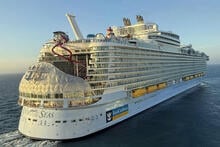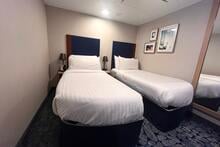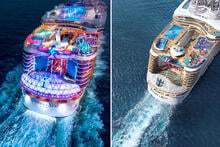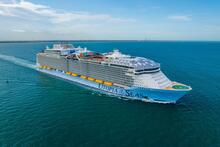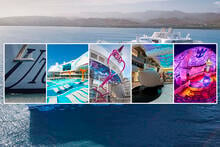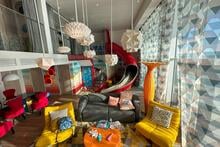Safety is the top priority on cruise ships, but one protocol might be a little surprising on Royal Caribbean's newest ship.
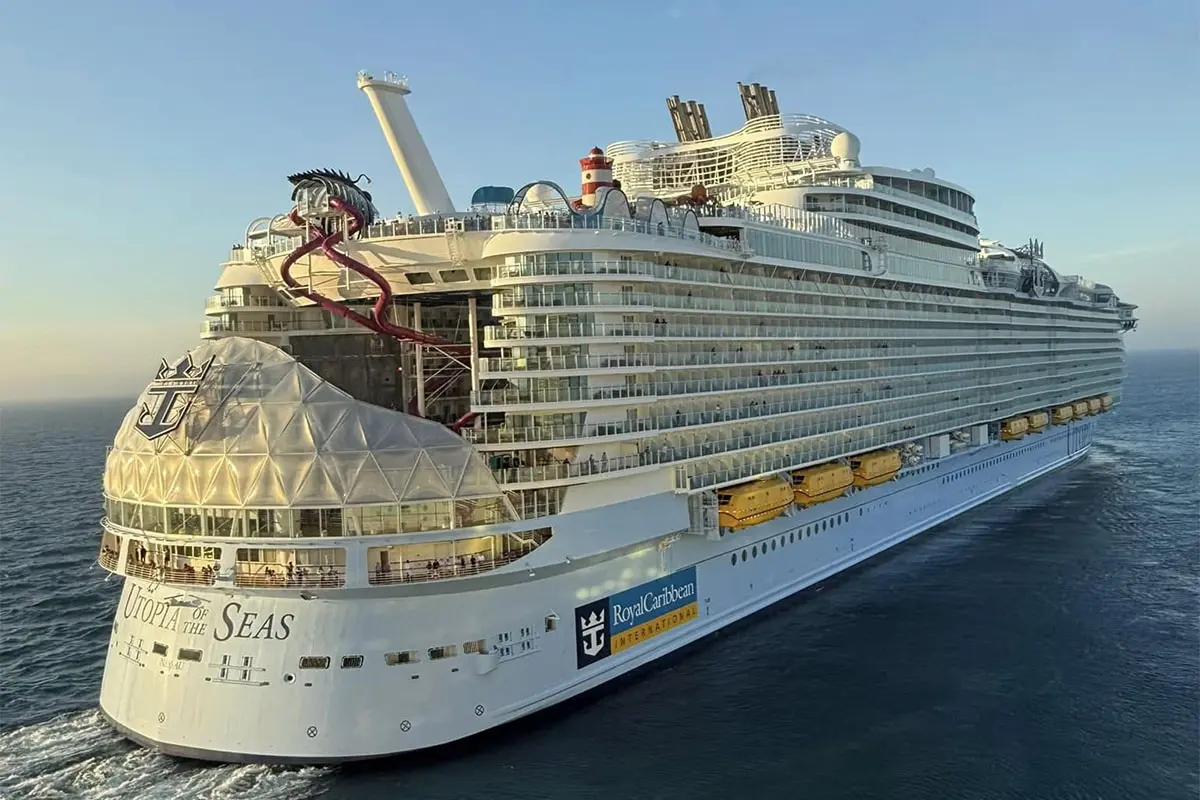
Utopia of the Seas has been sailing since summer 2024, and she's brought many innovations with her. Among them is this ship uses a more environmentally friendly fuel type, Liquified Natural Gas, or LNG.
The ship has a new dual-fuel engine, but Icon of the Seas was the first Royal Caribbean ship to begin using LNG.
On a recent sailing, passengers were informed of a refueling function that was to take place, and it meant all passengers had to comply with a strange request.
Refueling while at CocoCay
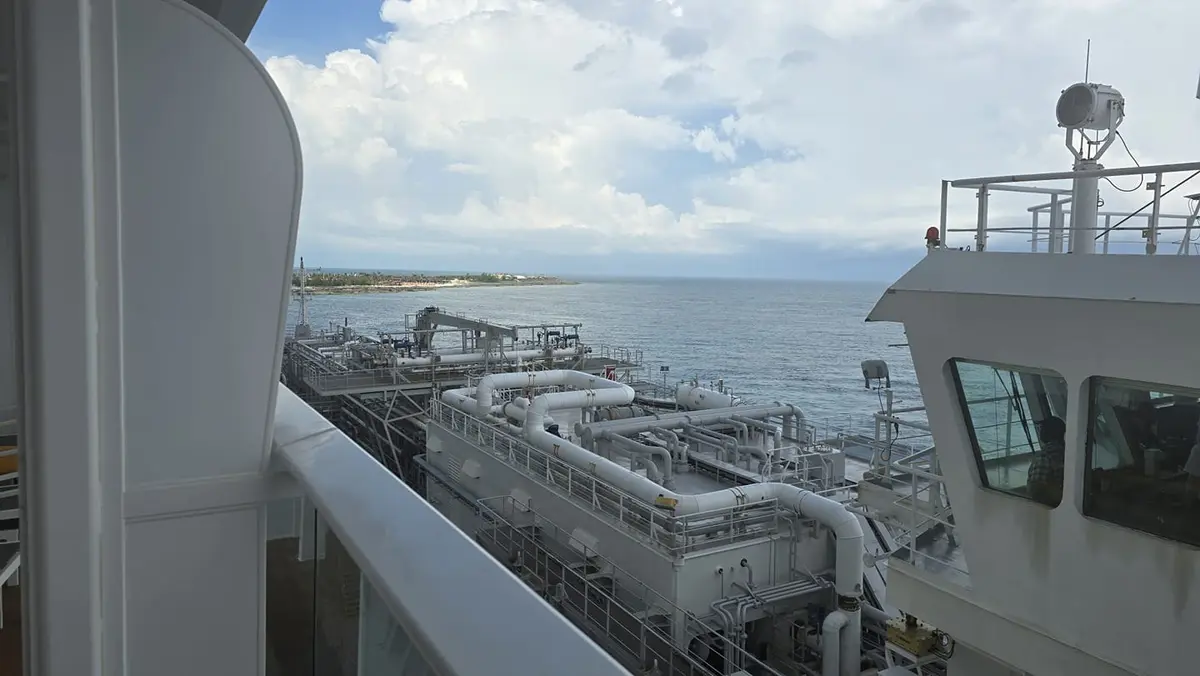
Cruise ships are kind of like airplanes in the sense they can be refueled just about anywhere.
On a recent sailing, Utopia of the Seas was set to be refueled while docked at Royal Caribbean's private island of Perfect Day at CocoCay.
This might seem odd to be refueled at a private island instead of the ship's homeport, but there's a logic to it.

Evidently refueling LNG takes many hours, and the cruise line does it at CocoCay because there's less impact on the ship's timeline.
The 236,473-gross-ton ship visits Perfect Day at CocoCay twice a week, because the ship only operates 3- and 4-night short Bahamas cruises.
Utopia is docked at CocoCay for more hours than in Port Canaveral, and that gives them more time to get it done. If they waited until the ship was back in Port Canaveral, there could be a delay in departing on time.
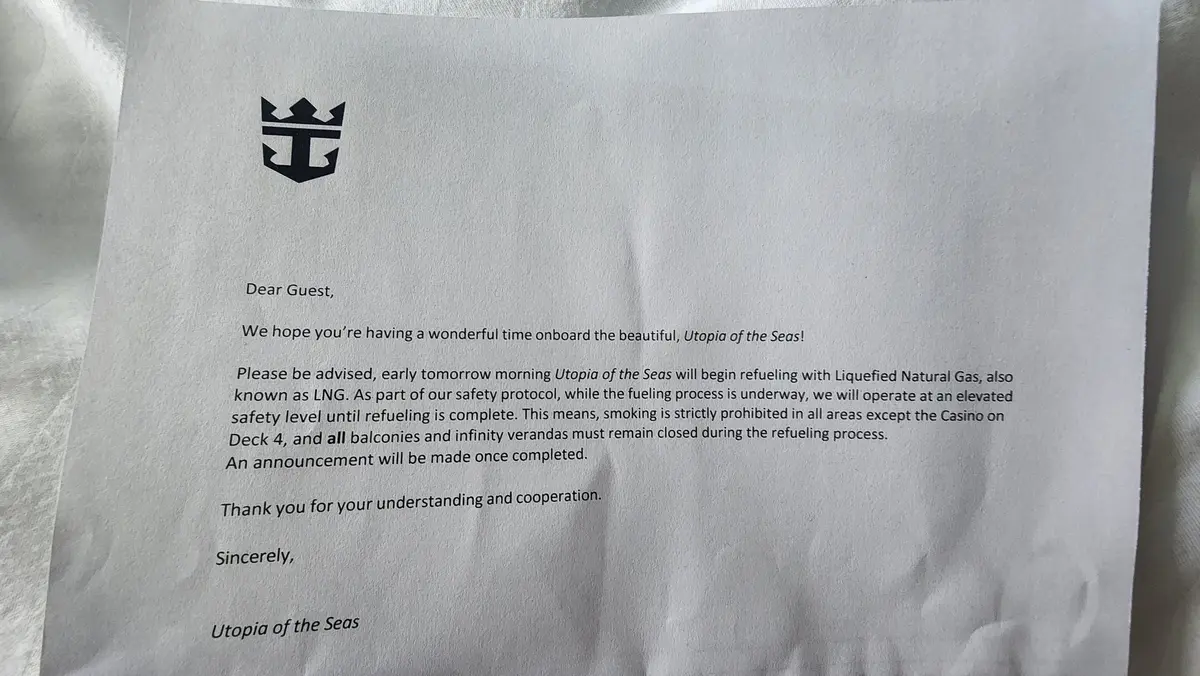
As part of the refueling process, passengers are informed they have to adhere to a few strict rules while it takes place.
First, there's no smoking at all allowed on any open deck. No outdoor smoking areas are open during refueling operations, and signs are posted to remind guests.
Second, all balconies and infinity verandas are closed and off limits during the refueling process.
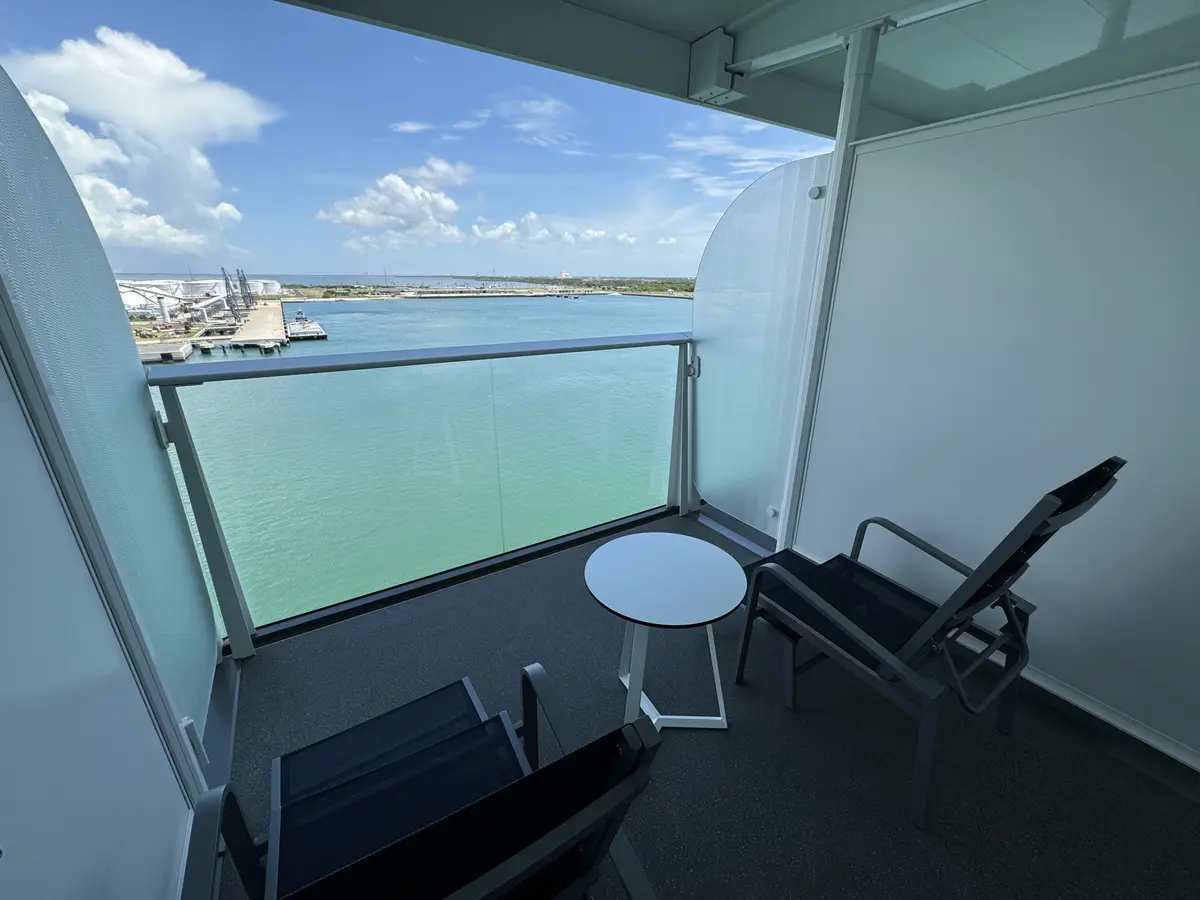
That's a more impactful change considering passengers woudn't be able to use their balcony for much of the day. However, there's a certain logic to it.
By electing refuel in CocoCay, Royal Caribbean is betting most passengers are off the ship anyway enjoying the beaches and pools of their island. So it's less likely a passenger would want to or need to use their balcony.
The open decks of the ship, including the pools, are still open and functional.
A similar experience should be expected for Icon of the Seas when it gets refueled. And just like Utopia, Icon has received her supply of LNG while at CocoCay.
There was no change to Utopia's schedule, merely a functional need that coincided with the port day, similar to crew safety drills or other functions while in port.
LNG is a step towards the future
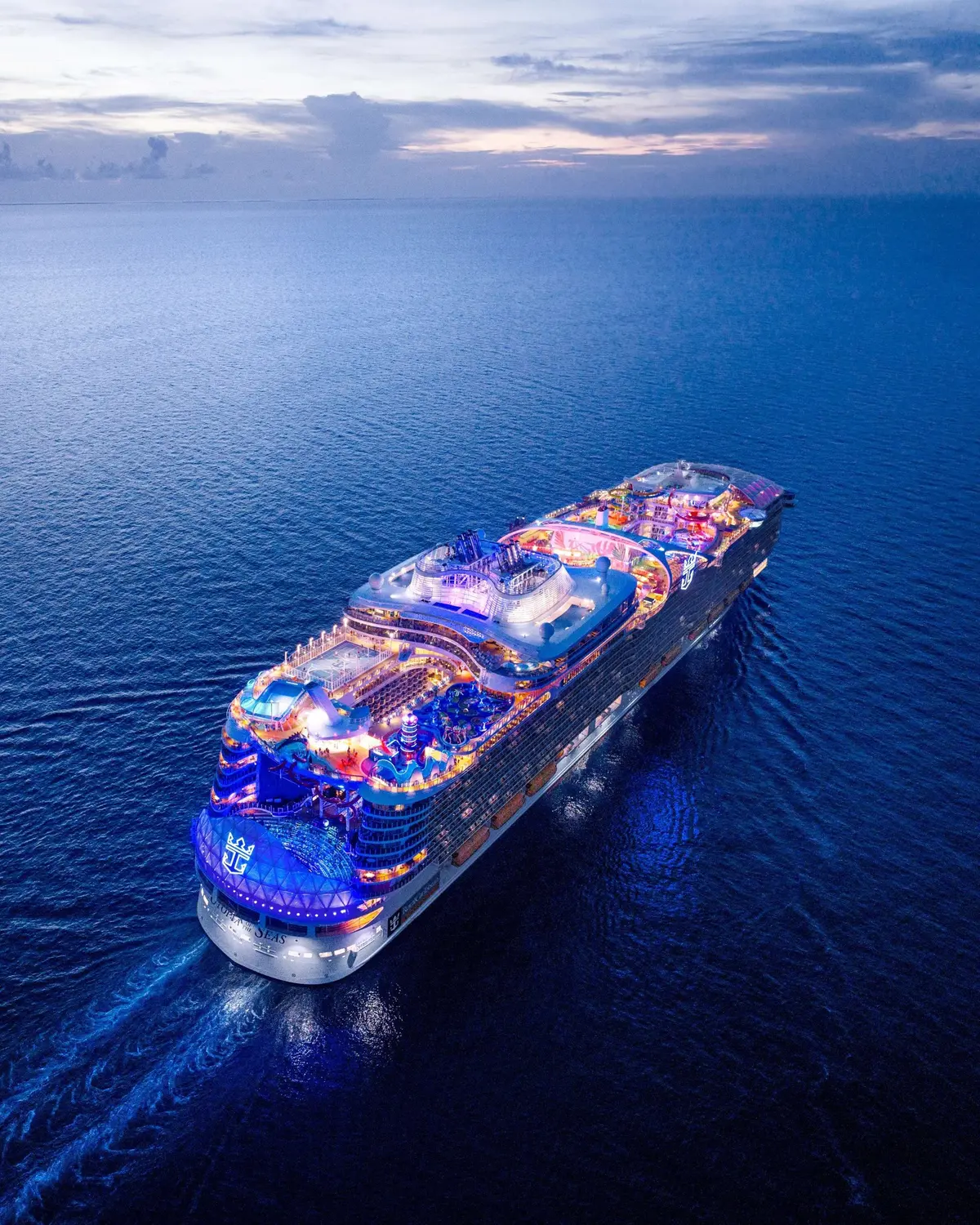
Cruise ships leveraging LNG is a move in the right direction, but it's not the ultimate solution for fuel needs.
LNG can reduce carbon emissions by about 30%, sulfur emissions to almost nothing, and nitrogen oxide emissions by about 85%.
Michael Bayley, President and CEO of Royal Caribbean International, spoke last year on the work his cruise line is doing to be more environmentally friendly.
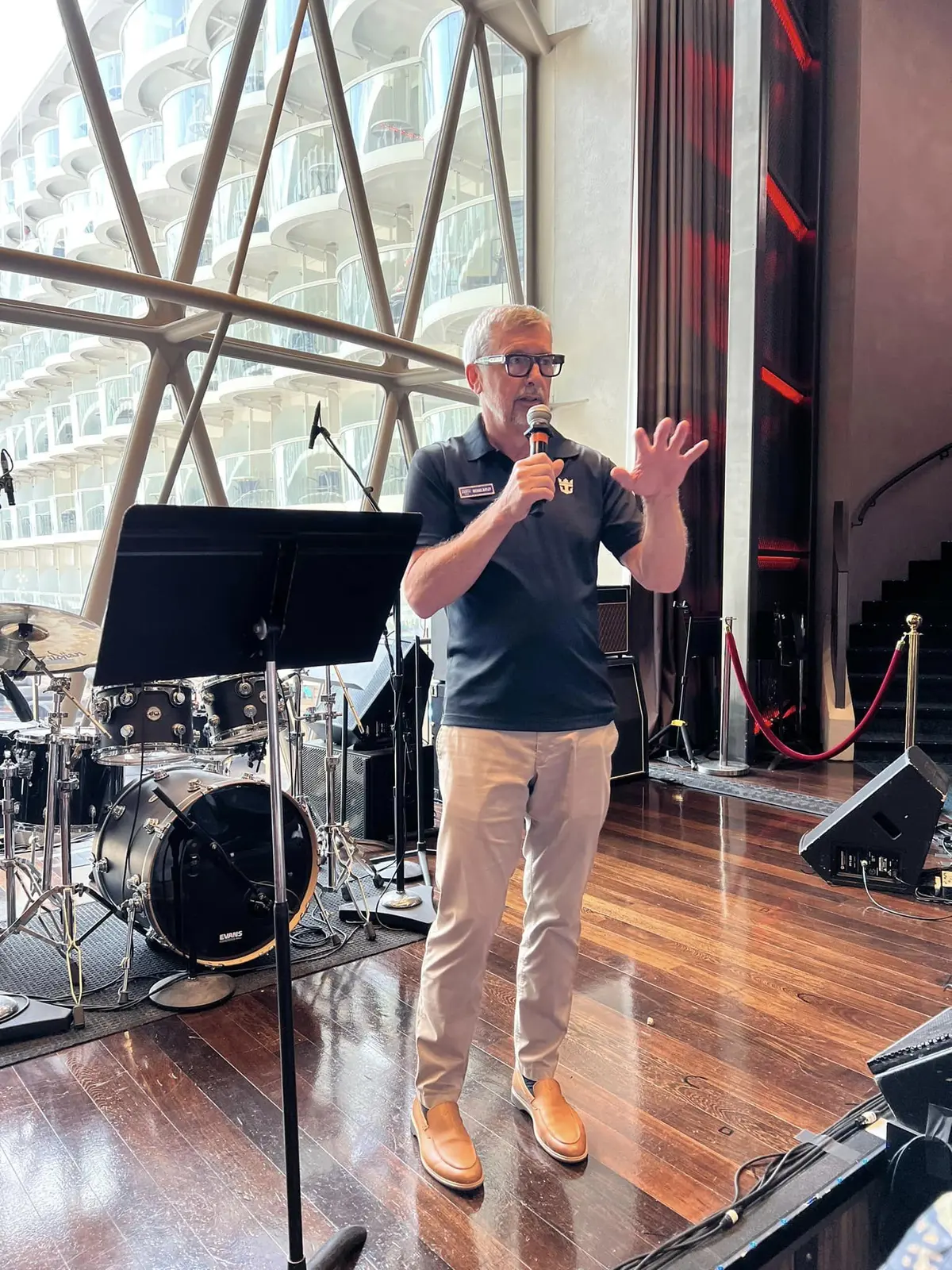
He explained Royal Caribbean's commitment and mindset regarding the environment, "Everything that we do is put through that lens of trying to be as sensible as we can buy new ships, for example; Icon, Utopia, Star."
When Royal Caribbean was working on plans for ships like Utopia or Icon, LNG was the best option at the time.
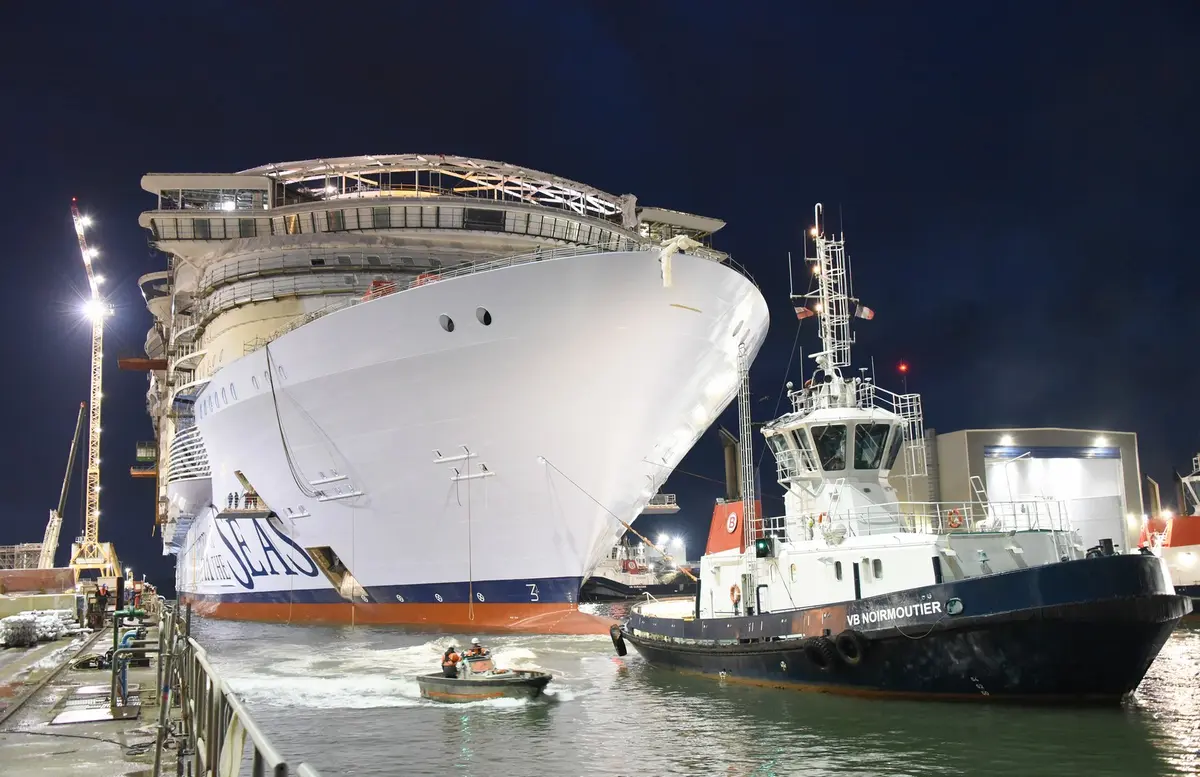
Cruise ships can be built in 18-12 months, but they take years to come to fruition. Icon of the Seas, for example, was conceived before 2016 and finally launched in 2024.
"When decisions are made on building ships, they're made with the information that's available at the time. And of course, the information at the time when we signed contracts to build ships is different from how it looks today," Mr. Bayley said.
"In five years, how we do this is going to look different as well," Mr. Bayley continued.
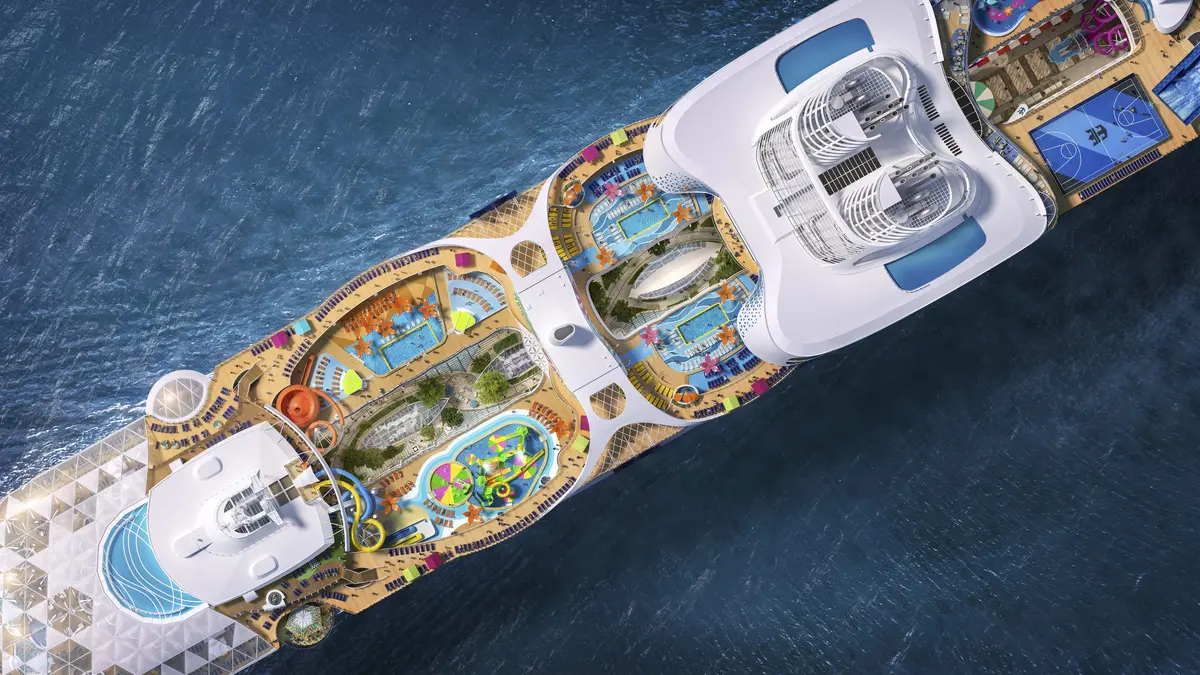
To that point, he was blunt in admitting the fuel of the future isn't known yet.
"There is no magical fuel," Mr. Bayley said, and he believes "that's the formula for success in the future."
"Five to ten years ago, LNG was viewed as the solution to creating a more sustainable fuel. But now it's not considered the best option."
A better fuel isn't just a cruise ship problem, it's something the entire marine industry is investigating.
"We are working diligently, not only as a company but [also] within the industry and within the larger sector of the maritime industry, which is vast."
Mr. Bayley indicated Royal Caribbean is committed to figuring out a sustainable answer, "I can assure you we're committed to that."


